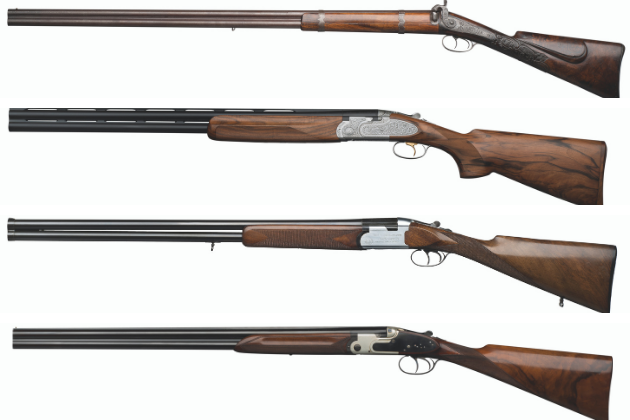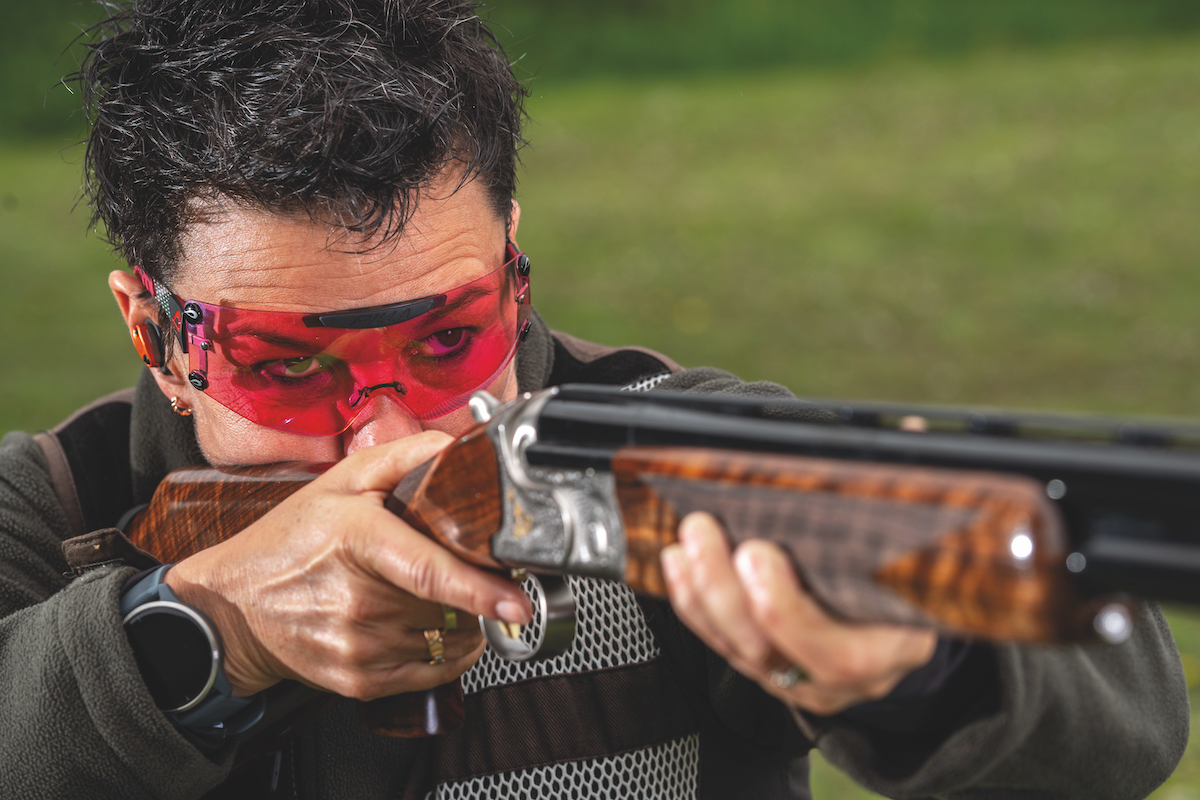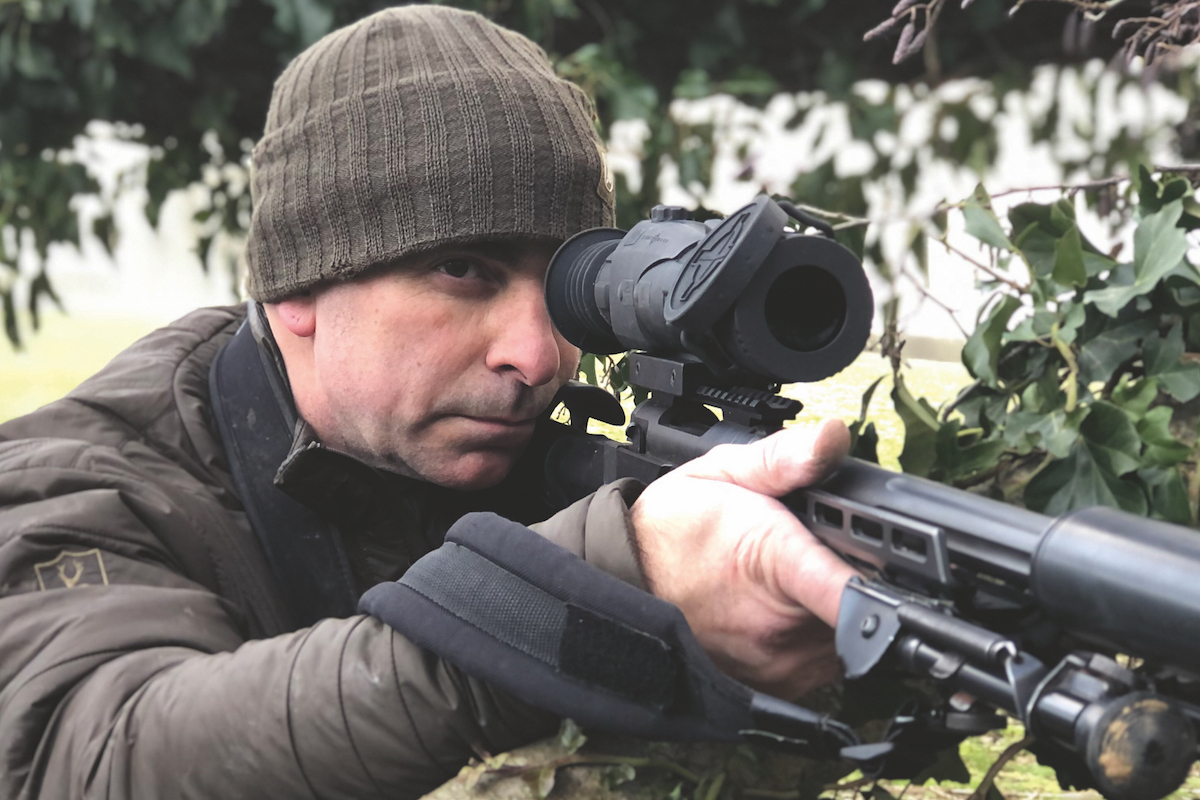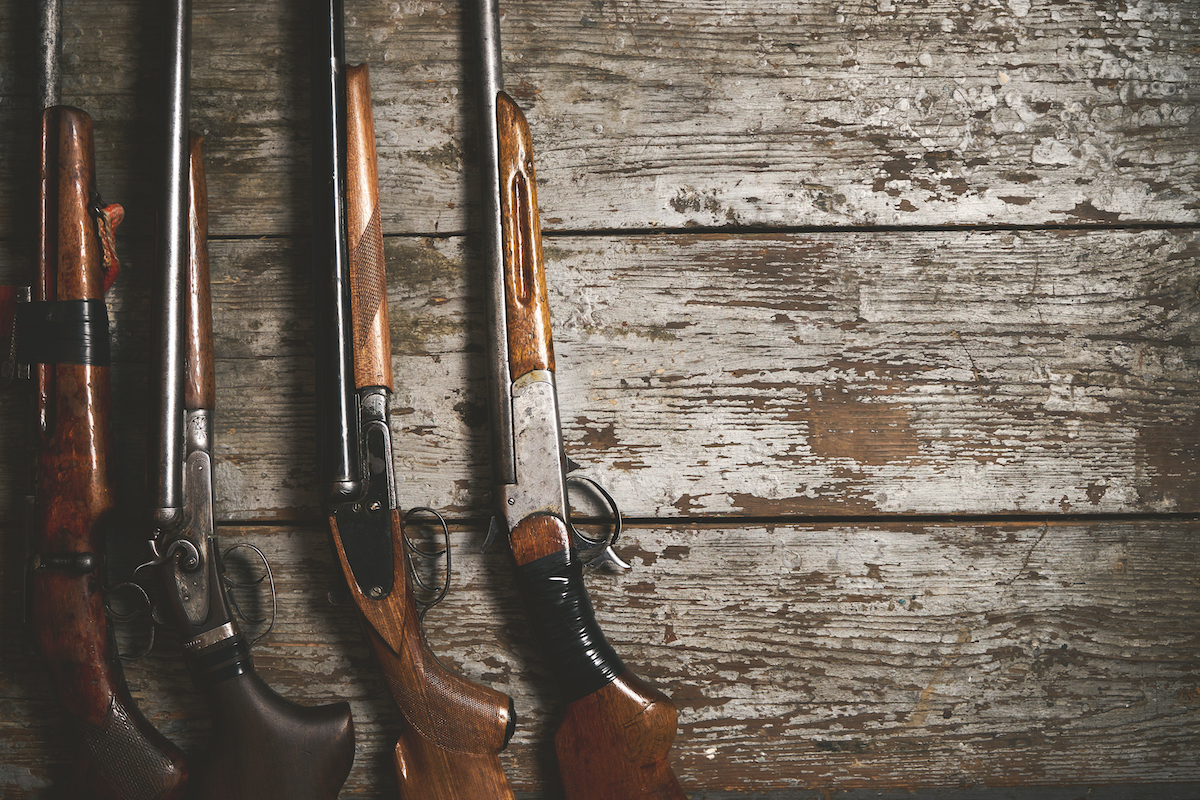The evolution of an Italian design classic
The Silver Pigeon is one of the best-selling guns of all time. Simon Reinhold looks at its enduring appeal

It’s one of the best-known, best-selling shotgun designs of all time, but does that make the Beretta Silver Pigeon or 68 series one of the best guns of all time?
Gunmaking is a little like the industrial version of Darwin’s theory of natural selection. The most adaptable survive. The best traits of those guns which have come before are used again and appear on the new models, while unsuccessful designs are dropped.
Looking at the Silver Pigeon in light of this gives us some clues as to why it was quite so popular with the gun-buying public. It might surprise you to learn that the inspiration and heritage of the gun’s design is deep-rooted in the British gun trade, though the rival that spurred the creative types in northern Italy to produce the ancestors of the Silver Pigeon came from John Moses Browning.
Dominating the market
Though Beretta is one of the oldest gunmakers in existence, dating back to 1526, by 1860 it was only making around 300 guns a year. At the turn of the century, John Moses Browning brought his ‘superposed’ over-and-under shotgun to the market and began to dominate in all parts except the UK.
We maintained our game shooting tradition and the gun trade in London and Birmingham flourished, largely as a result of the economic engine that was the British Empire, where guns were used both in conquest and for sport hunting after the battle.
Because of the popularity of Browning’s newly designed over-and-under, in the early 1930s Pietro Beretta and his chief engineer and designer, Tullio Marengoni, set out to design a shotgun that could eclipse the Browning’s popularity.
What they came up with in 1934 took its design inspiration from Boss & Co — ‘builders of best guns only’ — in London. It was as if the Italian duo had looked at the Browning and decided they didn’t like the chunky, inelegant action. To gain the sleek lines that seem to epitomise Italian industrial design throughout the 20th century they had removed excess metal protrusions without compromising inherent strength. This ‘SO’, as it was called, was costly to make and took considerable skill from the craftsmen in the Gardone factory. It was not the answer to the problem of Browning domination, but it was a significant step forward in design.
To pull the rug from under Browning, they needed to compete in reliability, handling and, most significantly, price. The handmade SO was too expensive. World War II intervened, forcing a cessation of competition between the two firms as military needs dominated for the next decade and a half, but in the 1950s more ancestors of the 68 series and the Silver Pigeon we know today came into being.
Missing link
No one has pinpointed the origin of the Silver Pigeon design, but gun writer Mike Yardley has a theory about a missing link. After the SO came the ASE, then there is a gap in the family tree. “There is a very interesting gun in the Beretta museum. A sidelock 20-bore prototype made in Ergal (aluminium alloy) in the mid 1940s. It is a development of the SO with a new action looking significantly like our much-loved Silver Pigeon in profile.”
The Italian design team had dispensed with the lump that pivoted around a crossbar. They had done away with the locking bolt that came forward from the action to slide into a notch locking the gun together.
Instead, they hinged the barrels around trunnions on either side of the action and the lock-up came from two pins that sprang forward out of the face when the action closed. This was aided by the angled shoulders on the outside of the barrels that brought everything together. This gave the gun the shallower profile that we see in the models from the 1950s — the S55, S56 and S57. They were reliable, good value, handled superbly and came in a variety of models to suit game and trap shooting.
With a growing reputation throughout the 1960s and 1970s, a great design was then introduced to powerful marketing and the guns began to appear in the UK market. Gunmark, now GMK, offered an S57EL as part of its sponsorship of the British Skeet Championships. Barry Simpson said: “I won the title that year shooting 125 straight with my Miroku and the prize was this S57EL. After I won it, I never shot that Miroku again and shot the 57 from then on.” Such was the draw and quality of the new product.
Before setting up Simpsons of Newmarket, Barry was a senior member of the sales team for Gunmark, Beretta’s main agent in the UK. In the early days, the guns were either trap guns or game guns. Barry decided that he would put a set of trap barrels on to a game action and was astonished that the fit and ejectors were perfect. Others admired it so much that he told the factory — “you really ought to offer this, you know”.
By the early 1980s, the British gun trade’s severe decline was at its nadir, with many of the well-known firms either having amalgamated or evaporated from the trade. Only the major players remained as customers moved away from side-by-sides towards over-and-unders commonly found in clay shooting, a scene increasingly dominated by Beretta.
Famous name
In the 1990s, the 686 and 687 series was rebranded the Silver Pigeon, it is said for the American market. Apparently, there was already a popular pistol called the 686 and marketeers felt Americans would respond better to a name than a number, so the Silver Pigeon was created. It has become so ubiquitous that it seems it has been with us a lot longer. I have owned three.
It is not solely the power of marketing that has made the Silver Pigeon the stalwart we know today. Its enduring popularity— it has recently been relaunched — is a combination of reliability and versatility.
There is now no niche of shotgun shooting that this innovative design has not been adapted to fit. It has to be regarded as one of the best designs of all time, but it should be remembered that Beretta taking the greatest designs of the past and evolving them to fit a modern world is exactly what the Turkish gun trade is doing now.
The Italian and American heavyweights may have taken the British belt, but both should be aware there are up-and-coming contenders looking for a shot at the title.














